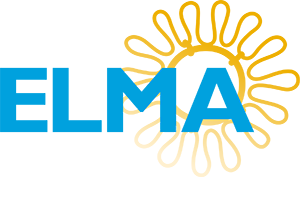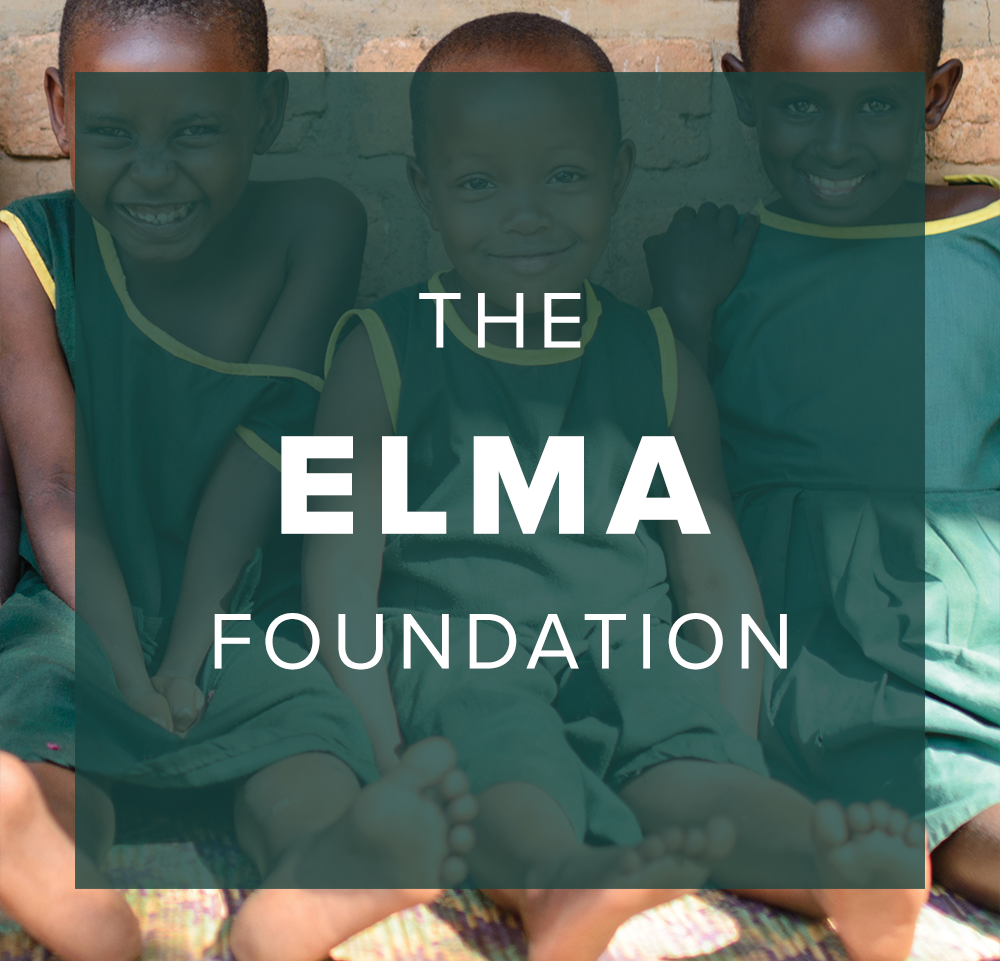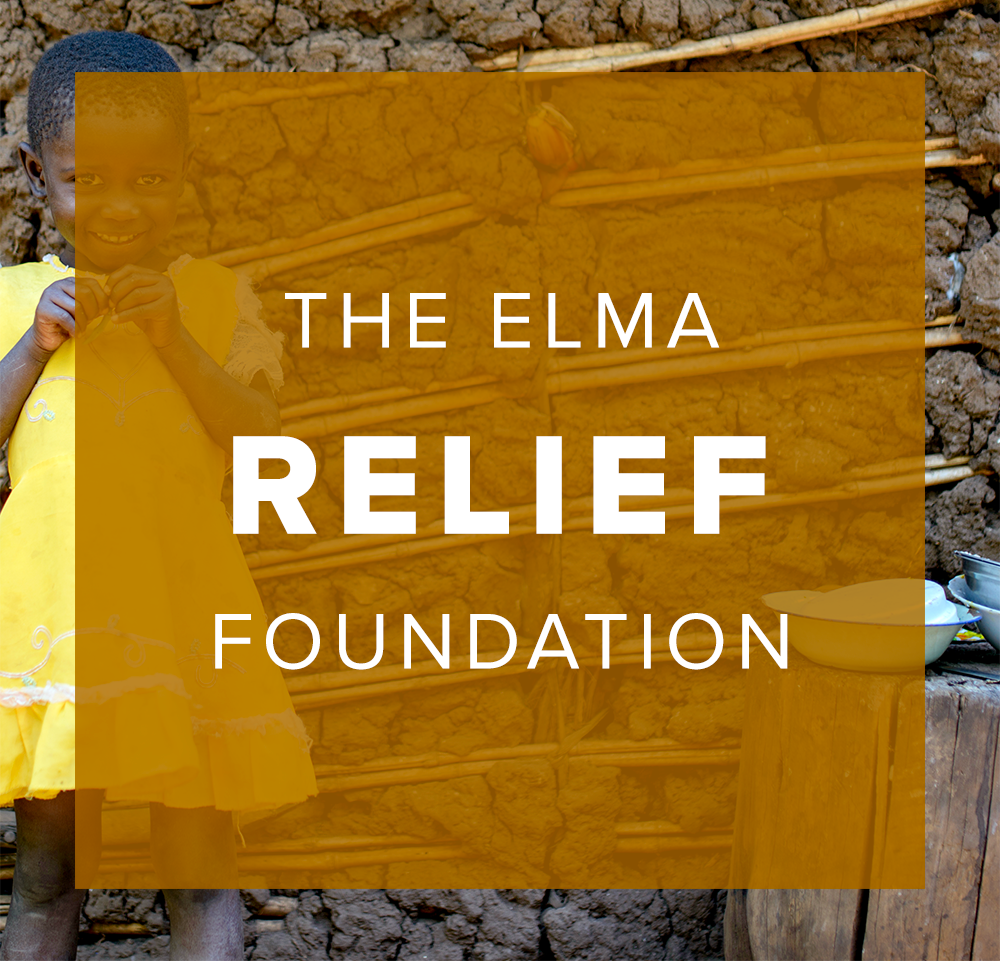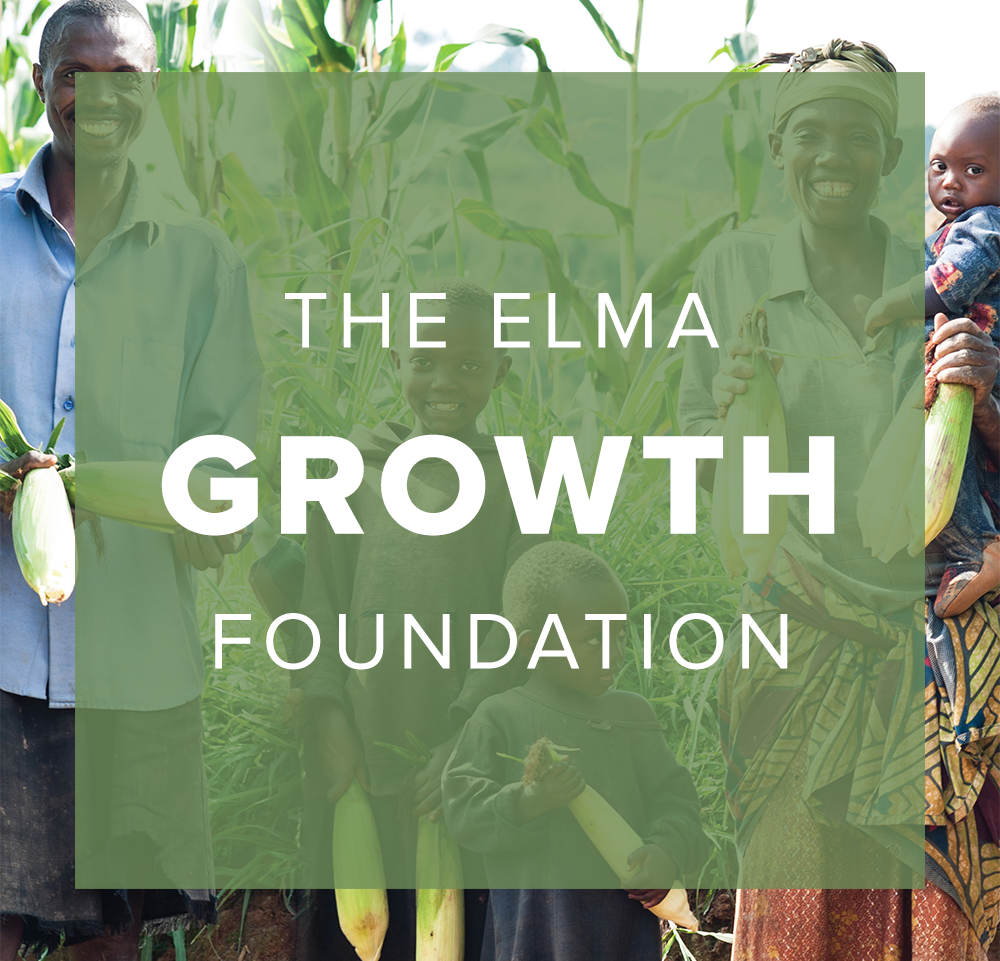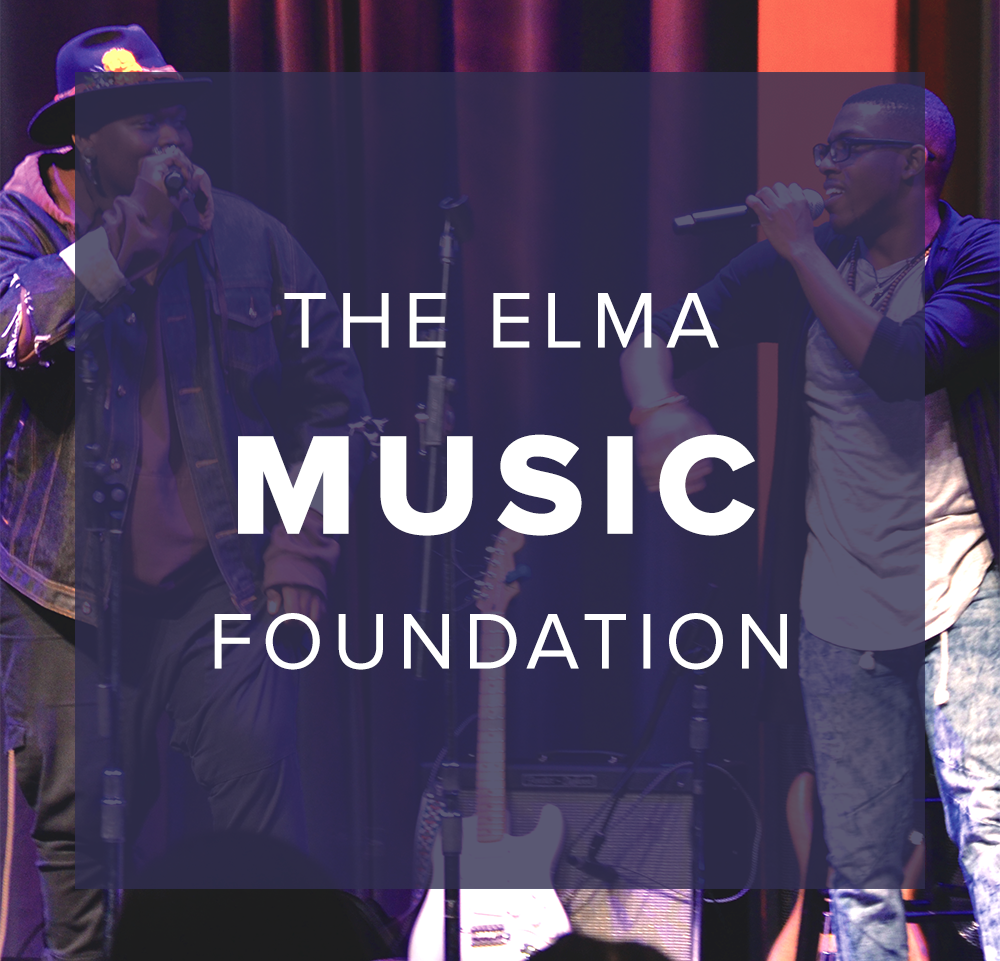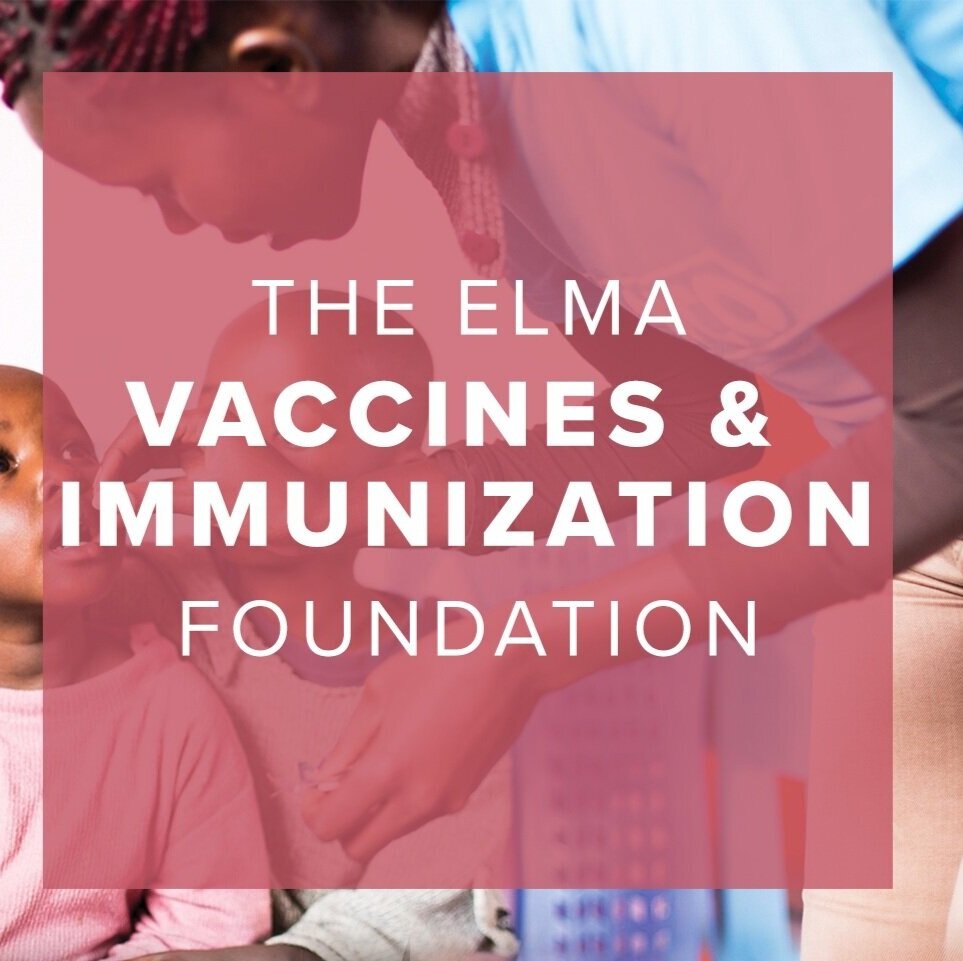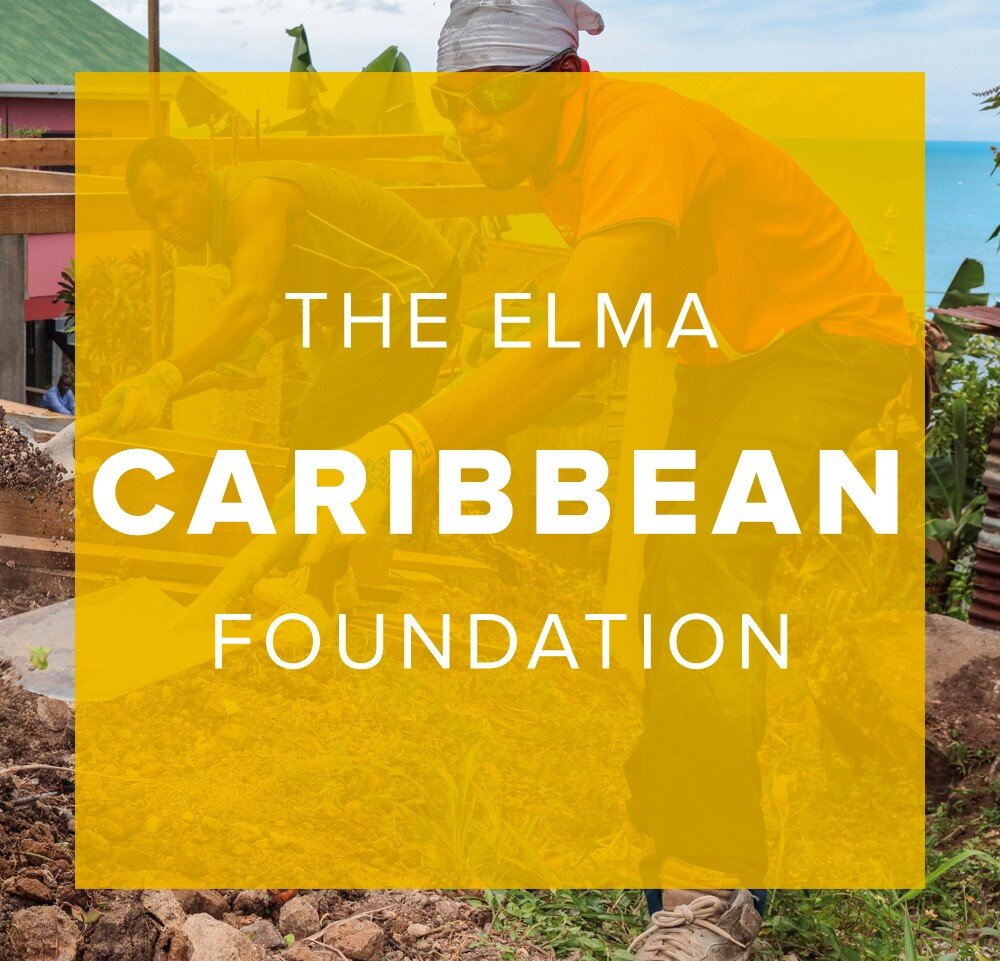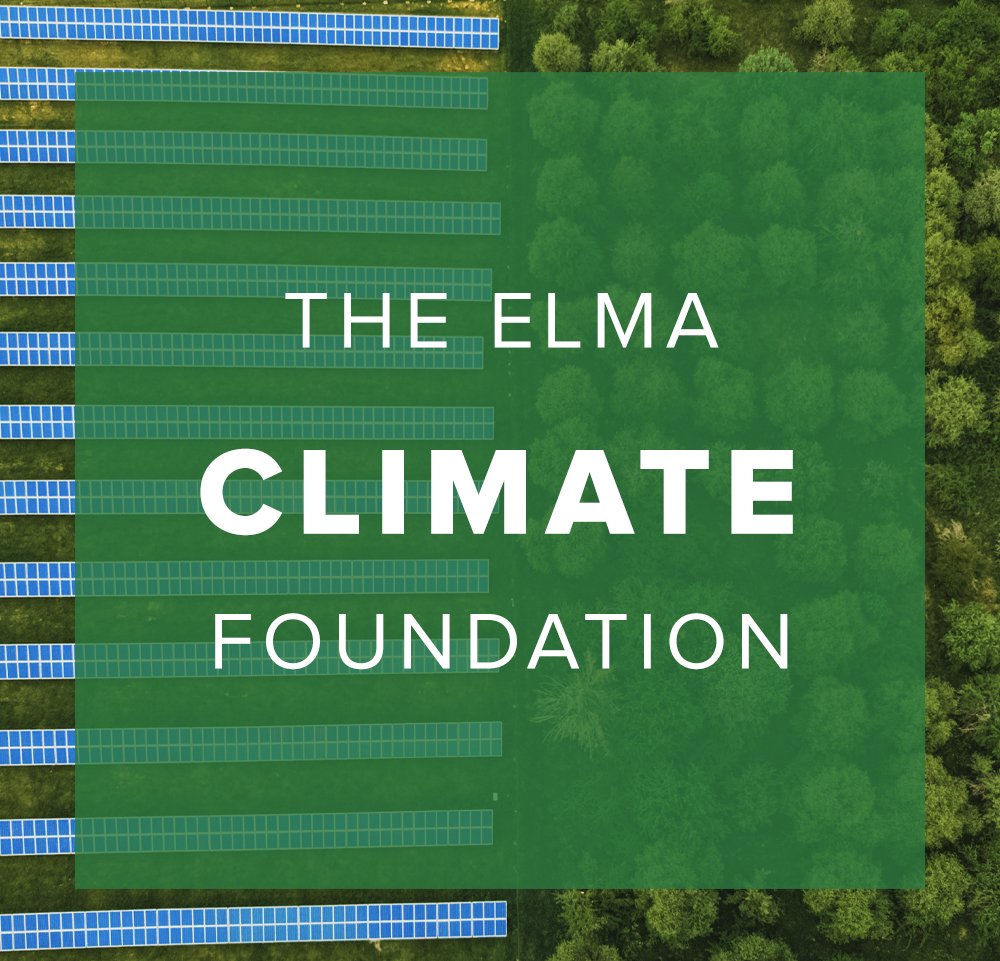< BACK TO E&L HOMEPAGE
ELMA’s COVID-19 Response Reaches 85 Million People in Africa
October 4, 2023
Sehrish Bari
Officer, Evidence & Learning
ELMA Philanthropies
Photo: Making masks to protect communities against COVID-19 for Shining Hope for Community’s (SHOFCO) Women’s Empowerment Project in Nairobi, Kenya
The global outbreak of COVID-19 led to unprecedented challenges that strained health systems, closed schools, and forced families into poverty. The African continent alone has had over 12 million cases and approximately 250,000 deaths(1). As many of our grantee partners were called to action in 2020 to respond to the crisis, The ELMA Group of Foundations committed to invest ZAR2 billion (USD106.9 million) to mitigate the impact of the pandemic.
An external review completed by consultant Paul Wang in August 2023 revealed that ELMA fulfilled its commitment, with USD109.4 million directed towards 86 grants and 248 donations to grantee partners working across 29 African countries, Haiti, and the United States(2). A large majority (89%) of grant investments met or exceeded their goals despite partners working in challenging circumstances. ELMA committed COVID-19 response funds across five key focus areas, of which selected achievements are highlighted below.
Direct pandemic response constituted ELMA’s largest area of COVID-19 funding. Grantee partners contributed to the control of COVID-19 transmission and mitigation of its direct health impacts. These investments supported government response efforts, training and protecting health care workers, developing diagnostics and therapeutics, and community response. Collectively, across 25 countries, grantee partners:
Procured and distributed over 33 million pieces of personal protective equipment
Procured 1.6 million+ pieces of testing kits and tested/screened 2.7 million individuals
Established 10 new oxygen plants and supported operations in 978 health facilities
Supported 2.2 million healthcare workers with training, equipment, and supplies
Disseminated COVID-19 information through mobile applications to approximately 15 million people in Africa
Several partners also made significant contributions to at least 30 instances of COVID-19 policies, protocols, guidelines, tools, and/or funding proposals. These contributions were made in partnership with government stakeholders in 13 countries as well as international non-governmental organizations like the World Health Organization.
Support rollout of COVID-19 vaccines: Due to insufficient manufacturing and distribution, COVID-19 vaccination efforts in Africa lagged behind the rest of the world, with only 10% of its population fully vaccinated in 2021 compared to 56% globally(3). In response to this inequity, ELMA supported several partners who played a pivotal role in vaccination efforts, conducting or contributing to the administration of over 67 million vaccinations. As of August 2023, 52% of the African population have been fully vaccinated(4) and mobilization efforts to reach the remainder are ongoing.
Photo: COVID-19 vaccines are administered in a community in Uganda. Opera San Francesco Saverio (CUAMM) / Nicola Berti
Safety net support for vulnerable communities: These grants were directed towards non-medical interventions to support vulnerable communities during the height of the pandemic. Collectively, partners provided non-medical support to over 3,000 early childhood development sites and 1 million individuals through initiatives involving cash, food, fuel, or business aid.
Protecting and maintaining essential health services: Grants in this area focused on safeguarding the delivery of care in primary health, maternal, newborn, and child health (MNCH), as well as HIV/TB treatment. Their work spanned eight African countries, with an estimated 900 health and social services facilities and 800,000 patients receiving non-COVID health services. These patients included 200,000 children receiving malnutrition screening and treatment and 281,000 women and/or children benefitting from MNCH and delivery support.
Supporting early childhood development and learning: To mitigate the impact of school closures on already-fragile early childhood development (ECD) systems, ELMA supported organizations that aimed to stem various losses to the ECD sector in the wake of the pandemic. Partners developed new modes of remote learning or supported such government efforts, such as developing radio and instructional content in Zambia and Uganda. Over 47,000 ECD workers were supported with livelihood assistance, training, equipment, and other support, and approximately 35,000 families received remote learning and/or food/nutrition support. Additionally, nearly 2,000 schools received assistance in the form of food vouchers, caregiver training, handwashing facilities, and student supplies.
Overall, ELMA's COVID-19 response reached approximately 85 million Africans through targeted support, including information dissemination, training, testing, treatment, and vaccination. It is important to note that ELMA was frequently a co-funder in grantees’ efforts and these achievements reflected those associated with partners that ELMA supported but are not solely attributed to ELMA.
Investing in resilience in Africa: Some of ELMA’s COVID-19 investment priorities were intended to both respond to the immediate pandemic and sow the seeds for future resilience. This included building robust systems for manufacturing and distributing oxygen, developing disease outbreak surveillance systems, and investing in manufacturing rapid diagnostics in Africa for coronaviruses and other diseases.
While COVID-19 is no longer considered a public health emergency, global incidence remains high with 1.5 million new cases seen in August 2023(5). ELMA remains committed to rebuilding health, education, and social service institutions affected by the pandemic in Africa. Many lessons emerged during the course of ELMA’s COVID-19 response grantmaking and are discussed here. As the world continues to navigate the challenges posed by the pandemic, the efforts of ELMA’s trusted grantee organizations serve as an inspiration for collaborative and effective response to crisis.
(1) Africa Centers for Disease Control and Prevention, “COVID-19 Dashboard”
(2) This review was snapshot in time representing data from 87% of grants and does not include support for partners in The ELMA Community Grants Programme.
(3) World Health Organization, “COVID-19 Vaccination in the WHO Africa Region - 7 February 2022”
(4) Africa Centers for Disease Control and Prevention, “COVID-19 Dashboard”
(5) World Health Organization, “Weekly epidemiological update on COVID-19 - 25 August 2023”
